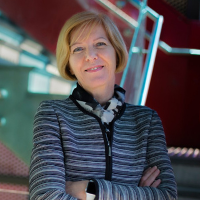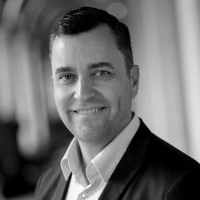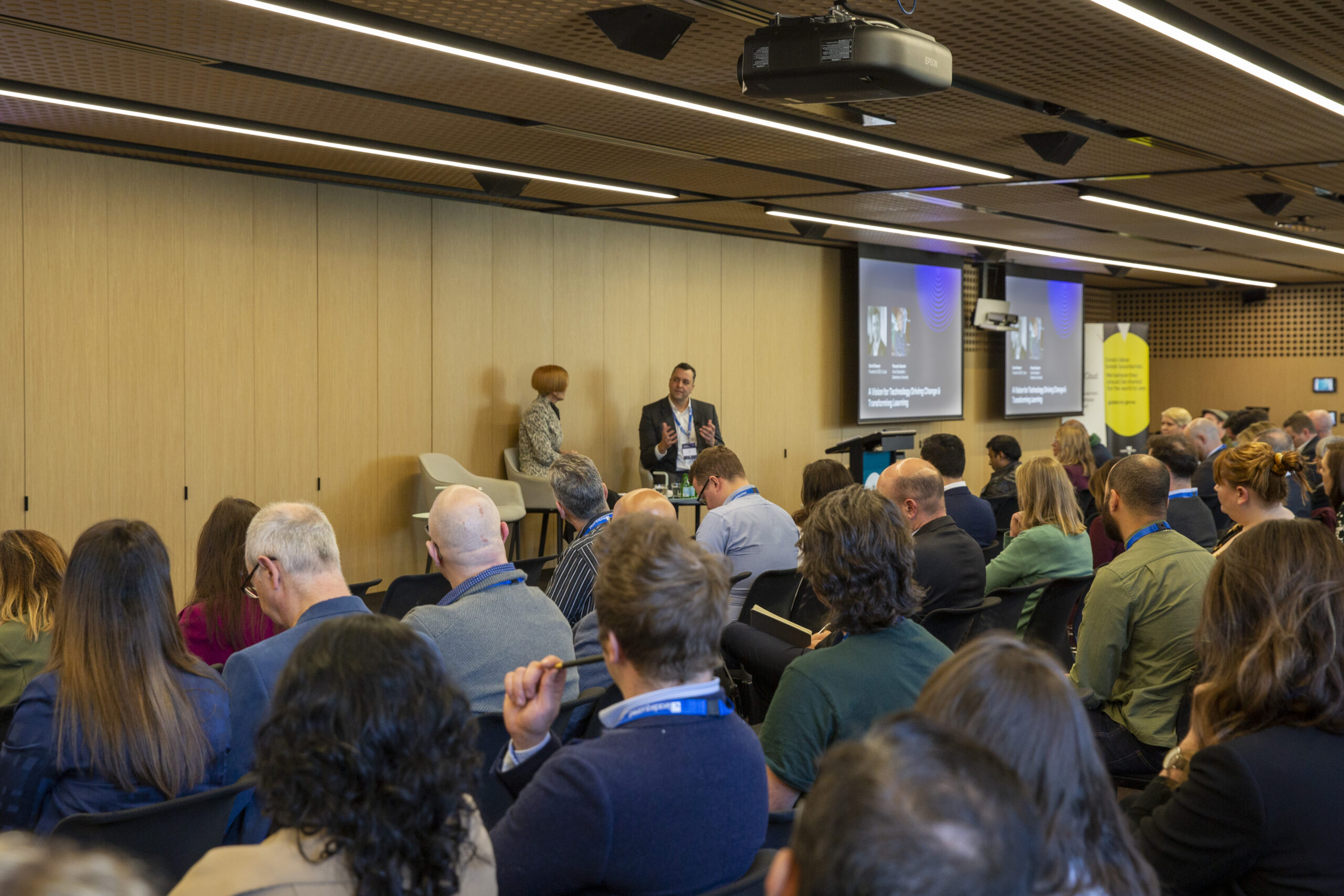This session was part of the Melbourne EdTech Week 2022. The keynote conversation titled “A Vision for Technology Driving Change and Transforming Learning” was recorded on Monday 8 August 2022 at Deakin Downtown in Melbourne, Australia. Pascale Quester and David Bowser were in discussion.
Technology has been an enabler for change in the Australian higher education system. Alongside the continued infusion of digital technology in our everyday lives, learner expectations of the university experience have evolved rapidly. It has provided creative ways to connect students, deliver courses, and support academics.
New challenges and new available EdTech solutions illuminate some key questions. How do we enhance the digital campus? And how do we use technology to meaningfully connect learners?
Pascale Quester, Vice-Chancellor of Swinburne University, dove into her decades experience in the sector to share insights on technology driving education innovation.
Connections for learners
The competitive advantage of being a dual-sector university
Technology enabling transformation
Optimising the student experience
E-portfolios
How to facilitate lifelong learning
Connections for learners
Universities are perfectly poised to partner with industry in order to be competitive, says Pascale Quester. When you focus on the learner and recognise them as the central purpose of the university, then you realise that the expectation of the learner has changed.
The notion that universities do things to students, from exams to degree structure, is problematic.
If you have a learner that is not engaged and does not understand why they have to do something as part of their degree, then the rules will be seen as antiquated. As a result, universities need to work with learners to help devise the experiences that are positive and affirming for them. When this recalibration occurs, universities are able to create lifetime partnerships with the students and graduates.
The competitive advantage of being a dual-sector university
In Australia, there are only 6 dual-sector universities in operation. At the moment, regulations thrive from their being two separate sectors between the university and VET. But to industry, says Pascale Quester, these distinctions seem unnecessary.
Rather than keeping these types of degrees and certifications in silos, it is valuable to consider them all in one holistic academic portfolio that provides real value to the learner.
Technology enabling transformation
Technology can help cultivate streams of support for learners. But the future is going to be infused with technology, so fluency is of utmost importance. People will not succeed in the future without confidence using different types of technology, says Pascale Quester.
It is the role of universities to equip learners with future-focused skills so they can stand above the rest in interviews and excel in the workplace.
This is an opportunity to embrace this transformation in our reality. We have seen that technology is a connector — it can bring people together. It is possible for technology and people to work together to make the world a better place.
Optimising the student experience
Agency is key.
For some students, the traditional mode of delivery just does not work for them — and that is okay. They should be allowed to engage how they want to with the content.
Pascale Quester says that they should support students to manage the engagement they want to have. The key word: co-creation.
Even on campus, consider the kinds of spaces that learners feel comfortable in by designing them with students. Learners should be there before the architects, offering their insights. If the space is useful and welcoming for them, they will stay longer. Less about teaching space, more about learning space.
Sometimes it is just about strategically using the technology you already have. Universities have long had an LMS for learners to use. Consider how academics can work with students to develop a new curriculum that is specifically optimal for digital delivery.
What is the goal? Emulating social interaction in a way that’s realistic on campus, while creating an interactive global campus experience on the cloud. When connecting people from all over the world in this digital space, learners can meaningfully engage with the material and interact with one another.
E-portfolios and grading
E-portfolios only work if there are real credentials, says Pascale Quester. We want to engage in the kind of learning outcomes that will be collectible throughout the lifetime of the learner. A kind of chain of achievement.
In some instances, it may even be worthwhile to not have grades.
For example, in a design degree, it can make more sense to make the courses pass or fail as this mirrors the experience of the workplace. A learning outcome can be better by having the capacity to fail and have the feedback from failure.
To get a grade and be done is too traditional a way of looking at learning.
How to facilitate lifelong learning
You don’t have to get them back if they never left.
Create entrepreneurial students that will always want to engage in upskilling and reskilling. Cultivate enlightened self-interest in learners, says Pascale Quester. The institution then becomes an integral part of each stage of their career progression and aspirations.
Speakers

Pascale Quester
Before joining Swinburne University as the Vice Chancellor & President, Professor Quester was Deputy Vice-Chancellor and President (Academic) at the University of Adelaide. She also held the roles of Executive Dean of the Faculty of the Professions, Associate Dean of Research for the Faculty of the Professions, and inaugural Professor of Marketing in the Adelaide Business School. Professor Quester is an active and respected researcher in the areas of consumer behaviour and marketing communications.

David Bowser
David Bowser has more than 20 years’ experience in higher education as an academic and a strategy consultant. In 2016 he created Curio Group, a collective of advisors, educators and product developers focused on working directly with education institutions to make a difference.

